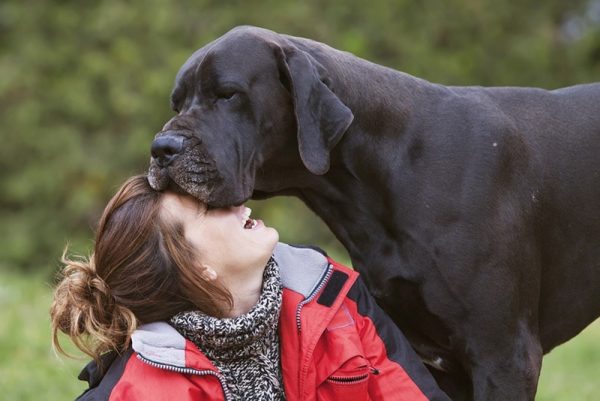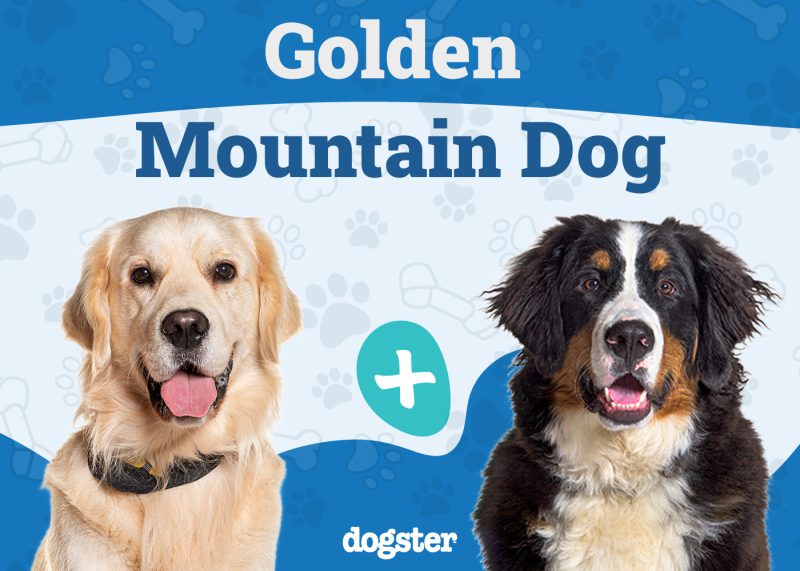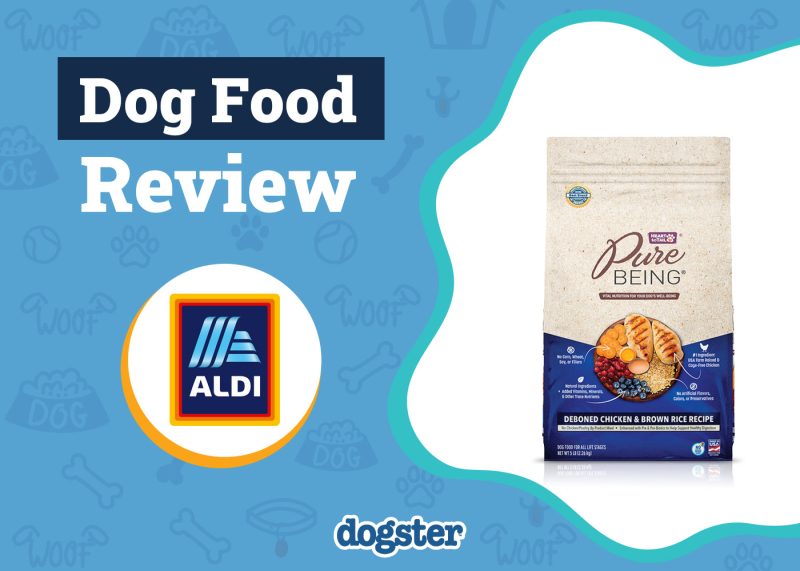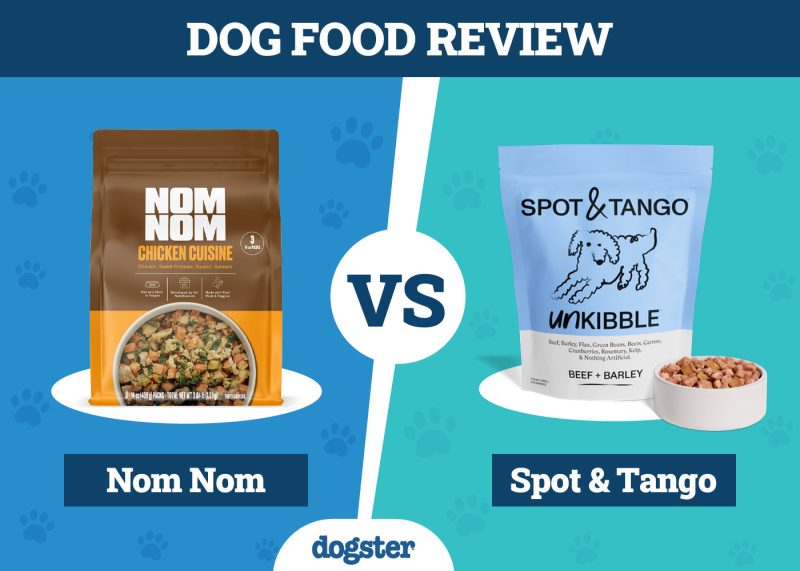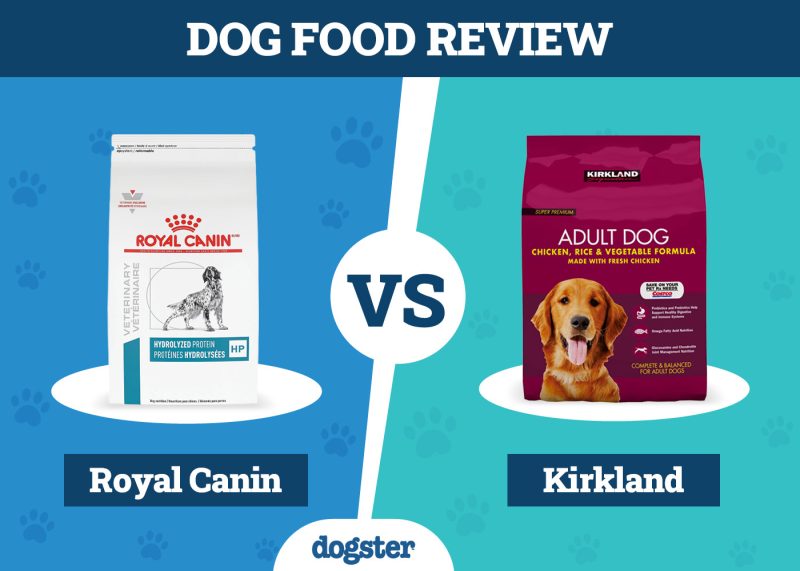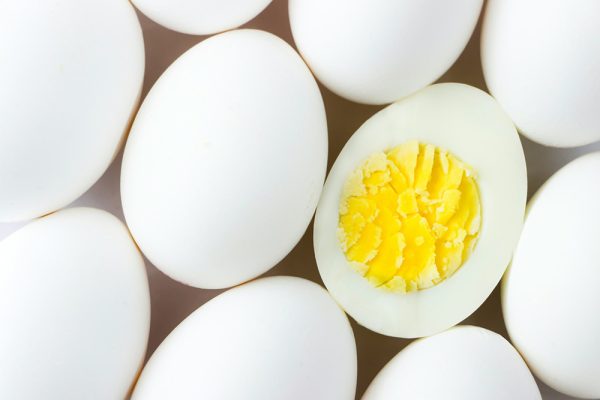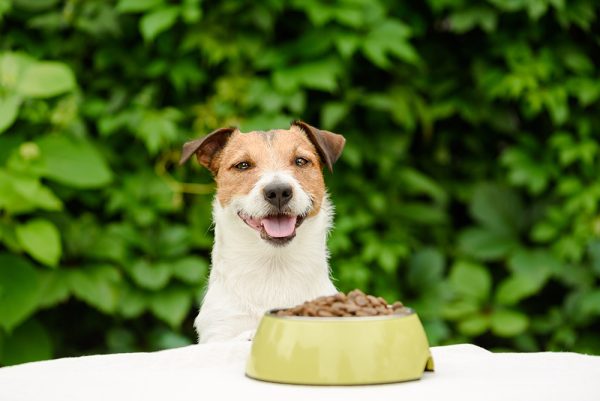In this article
The Havanese is a small, fluffy, and lovable pup that makes an excellent companion. As with many breeds, the question of shedding may come up when you’re considering adding this dog to your household, especially if you have someone in your family who is allergic to canines. The good news is that generally speaking, the Havanese does not shed as much as many other dogs. Let’s learn more!

How Much or Little Do Havanese Dogs Shed?
Unlike some breeds, the Havanese does not have an undercoat. This means that much of the shedding associated with other dogs is not present. The coat of this dog doesn’t shed too much, so you may only experience light seasonal shedding once or twice a year, particularly when the seasons change from summer to winter and vice versa. The amount of shedding that you can expect from your Havanese will depend on many factors, such as their diet, environment, and health. Parti-colors typically shed a bit more than solid colors.

What You Need to Know About the Havanese Coat
The coat of the Havanese is not like that of many other dogs. It is long, thick, and wavy and comes in many different colors, including black, white, cream, chocolate, and silver. The hair may be clipped or left to grow naturally, whichever you prefer. Brushing your Havanese’s coat regularly will help minimize shedding and keep their coat looking great.
Tips for Minimizing Shedding
The best way to minimize shedding is to brush your Havanese’s coat regularly. This will help get rid of dead hair and reduce the amount of hair that gets stuck in furniture or fabrics around the house. Bathing your Havanese with a good quality shampoo and conditioner can also help keep their coat looking healthy and reduce shedding. Additionally, a diet full of vitamins and minerals will ensure that your Havanese is at their healthiest, which can aid in reducing shedding. Ask a vet about the best nutritional options for your Havanese.
If you need to speak with a vet but can't get to one, head over to PangoVet. It's our online service where you can talk to a vet online and get the personalized advice you need for your pet — all at an affordable price!

Grooming Requirements for Havanese Dogs
The lack of an undercoat means that Havanese owners don’t need to worry about dealing with too much shedding, but it does not mean that the breed is low maintenance when it comes to grooming. This dog needs regular brushing and occasional bathing to keep their coat and skin healthy.
Regular brushing is essential because it helps to remove dead hairs, reduce matting, and spread natural oils throughout the dog’s coat. Additionally, regular brushing removes dirt and debris that can accumulate in the fur. Most owners should aim to brush their Havanese at least twice a week to keep them looking and feeling their best.
The best way to groom a Havanese is to start with a comb or slicker brush and work your way down to a fine-toothed comb for the face, legs, and feet. Use a mild shampoo and conditioner to keep their coat looking shiny, healthy, and tangle-free. Additionally, use a de-shedding tool or rake to help remove excess fur from your Havanese’s coat.
Hypoallergenic Status of Havanese Dogs
The Havanese is not considered a hypoallergenic breed. Although they don’t shed too much, some people with allergies can still have a reaction to the shedding and dander of this dog. It’s important to note that there’s no such thing as a truly hypoallergenic breed. All dogs can potentially cause an allergic reaction in people with canine allergies.
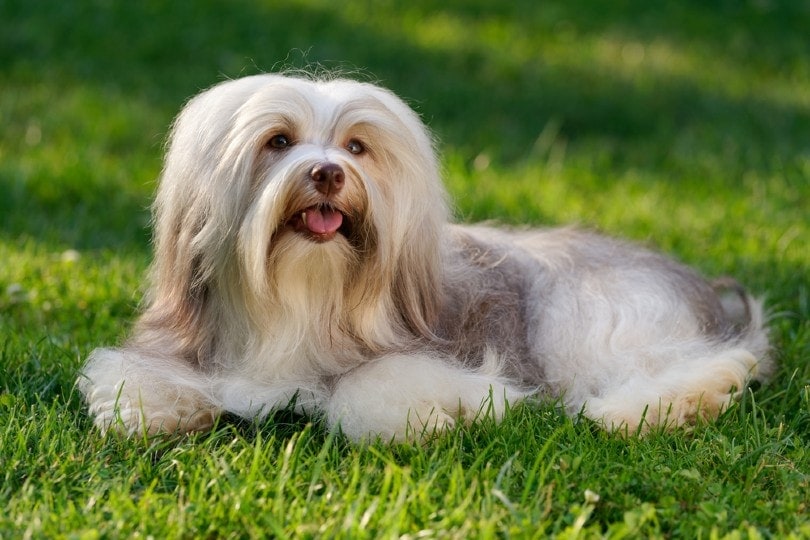

FAQ
Do Havanese Shed More as They Get Older?
Generally speaking, Havanese do not shed more as they get older. However, if you find that your dog’s shedding is increasing, it might be an indication of a health issue, and it’s best to take them to the vet for a check-up.
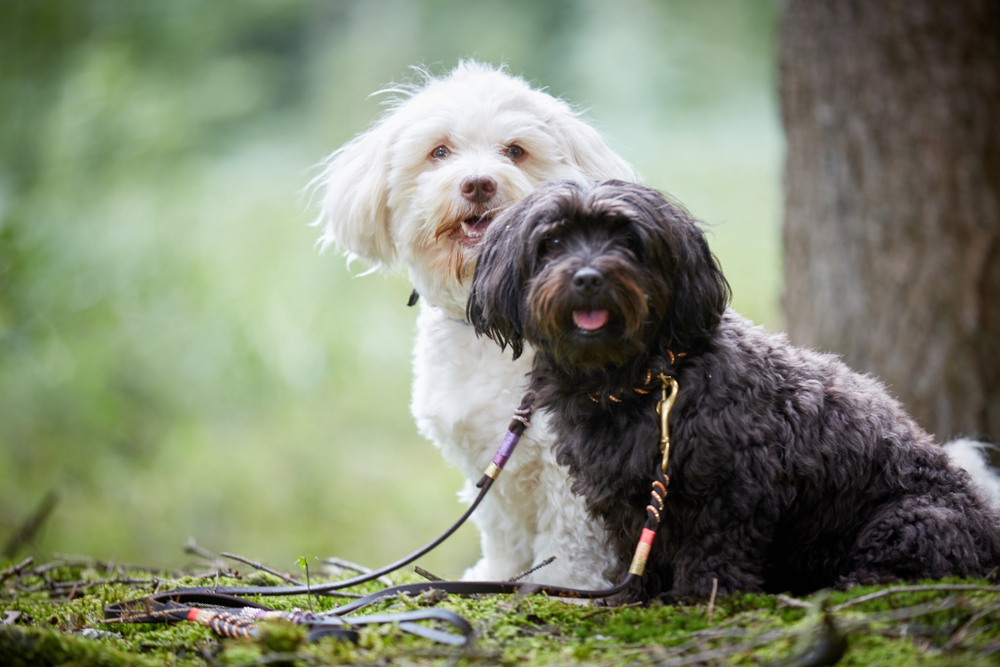
Does the Havanese Need Regular Trimming?
No, the Havanese does not need regular trimming, but it can help make their coat look neater. Trimming is best left to an experienced groomer.
Do Havanese Get Mats?
Yes, Havanese dogs can get mats in their coats if they are not brushed and combed regularly. Regular brushing and combing will help remove any tangles or mats and distribute the natural oils throughout their coat for a healthy shine.
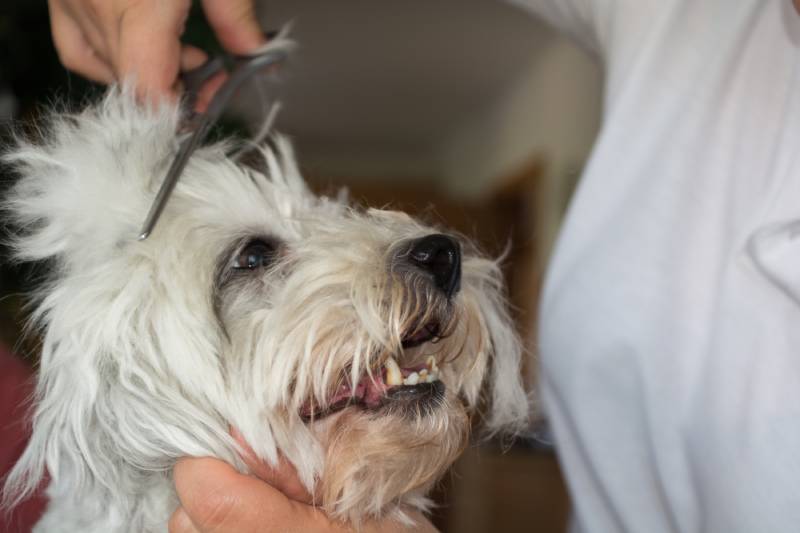
How Often Should I Bathe My Havanese?
Most owners should aim to bathe their Havanese no more than every 4–6 weeks or as needed. Bathing too often can strip the coat of natural oils and dry out the skin, causing irritation and itchy skin, which may result in excessive shedding. It’s important to use a mild shampoo and conditioner for sensitive skin if needed.
Can My Havanese Live Outdoors?
No, the Havanese is not a breed that should live outdoors, as they are sensitive to extreme temperatures and weather conditions. It’s best to keep your dog indoors where they will stay safe, healthy, and comfortable.

What Is the Average Lifespan of a Havanese?
The average lifespan of a Havanese is between 12 and 14 years, with some living up to 16 years. It’s important to provide your Havanese with proper nutrition, exercise, and regular veterinary care in order to keep them healthy and happy for as long as possible.
Are Havanese Good With Children?
Yes, the Havanese is known for their friendly, gentle, and playful nature, which makes them a great companion for children of all ages. However, they should always be supervised when interacting with small children to ensure that everyone stays safe and has fun.

How Much Exercise Does a Havanese Need?
The Havanese is a small breed and requires regular exercise to stay physically and mentally healthy. A combination of indoor play, outdoor walks, and occasional trips to the park or beach can help keep your dog active and happy. It’s important to note that Havanese should not be over-exercised, as they are prone to heat exhaustion.
How Often Should I Take My Havanese to the Vet?
Regular veterinary visits are essential for keeping your Havanese healthy and happy. Most owners should aim to take their Havanese in for a check-up at least once a year or more often if any health concerns arise. Vaccinations should also be kept up to date to ensure that your dog is protected from any potential illnesses or diseases.
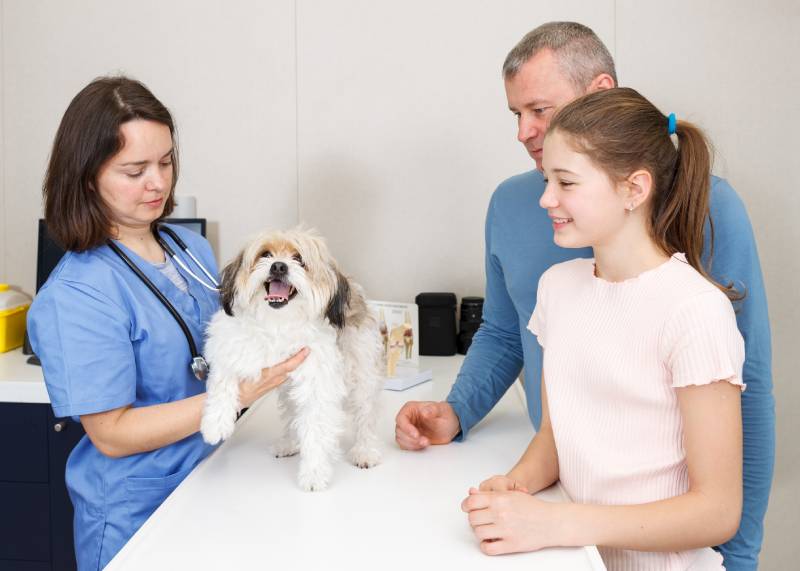
Are Havanese Easy to Train?
Yes, the Havanese is an intelligent and eager-to-please breed, which makes them relatively easy to train. It’s important to use positive reinforcement when training your Havanese and to remain patient, as some commands can take a bit longer for them to learn.

Conclusion
The Havanese is an adorable breed that doesn’t shed excessively, which makes them a great companion dog for people with allergies or those looking for a low-shedding breed. However, this does not mean they are low maintenance when it comes to grooming; regular brushing and occasional bathing are necessary to keep their coat looking and feeling healthy. With the right care, you can enjoy the companionship of a Havanese without having to worry about too much shedding!
Featured Image Credit: Nicole Denker, Pixabay





